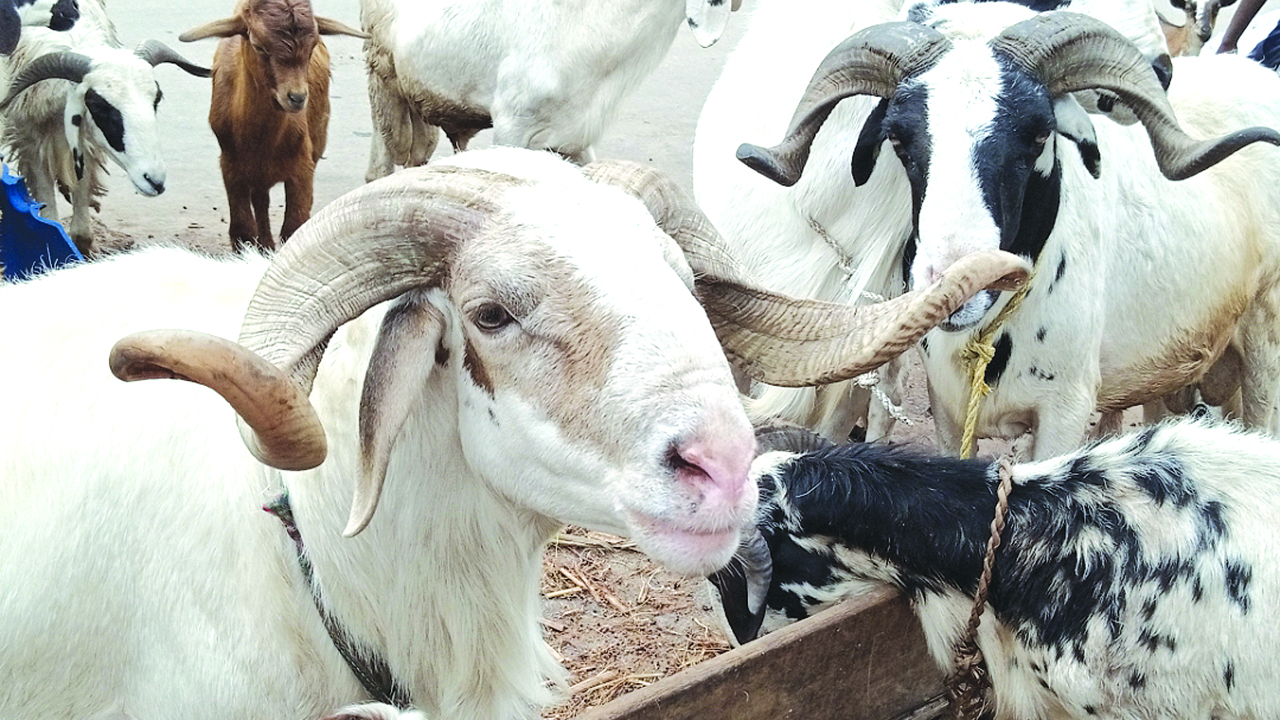Sheep farming is the raising and breeding of domestic sheep. Sheep are raised principally for meat (lamb and mutton), milk (sheep’s milk), and fiber (wool). They also yield sheepskin and parchment. Sheep farming is an enterprise that not only provides meat, milk, and fur but also improves the health of its consumers.
Sheep’s meat is a source of protein, healthy fats, iron, phosphorus, selenium, potassium, vitamin B, vitamin K, and many other minerals and vitamins.
Sheep are in high demand in Nigeria, especially during the festive seasons. The Muslim festive season in particular commands a high demand for rams on a massive scale.
FG launches NSD to Control Transboundary Animal Diseases
Why Start a Sheep Farming Business?
Sheep rearing is easy, and they are easy to manage since they stay together and you do not have to run around chasing stray sheep. They reach maturity early, as ewes attain maturity at about 6–8 months of age, while rams take 10–12 months to grow and enter full maturity. The females, ewes are usually kept for breeding, while the males, rams, are usually reared to be sold.
Sheep are resistant to certain diseases. The west African dwarf breed, for example, shows resistance to sleeping sickness. However, they need to be vaccinated against diseases that affect them. An example is Rinderpest. These vaccines are cheap and do not take up a large part of necessary expenses.
Breeds of Sheep
The four common breeds of sheep used in Nigeria include the following: Uda, Balami, Yankasa, and the West African dwarf breeds.
Costestimation for 9 ewes and 1 ram
Purchasing of young rams is between #10,000 and #15,000 for the ewes, to give #15,000 x 9 = 135,000 and #10,000, leading to a total of 145,000.
Animal Scientists Call for Better Research Funding in Poultry and Livestock
Best Feed for Sheep
Sheep make excellent use of high-quality roughage stored either as hay, low-moisture, grass-legume silage, or occasionally chopped green feed. Good-quality hay or stored forage is a highly productive feed; poor-quality forage, no matter how much is available, is suitable only for maintenance. Sheep performs well under any of the following:
- Grasses
- Hay
- Grains
- Maize chaff
- Concentrates
- Wheat offal
- Haulms (stalks or stems of crops)
- Groundnut cake
- Legumes
Return on investment
Ewes mature at about 6–8 months of age and weigh about 30–35 kg, while rams enter full maturity at about 10–12 months and weigh about 35–40 kg.
The maturity period for ewe is about 6–8 months of age and weighs about 30–35 kg, while rams reach full maturity at about 10–12 months and weigh about 35–40 kg.
Sheep have a gestation period that spans 5 months and is approximately 147 days. They give birth to an average of 2 lambs per birth. The price of sheep in Nigeria ranges from #40,000 to #80,000.
Note that the selling price differs with breed and size, as well as the season, because the price can increase during Christmas and Muslim celebrations, like Sallah, for example.



